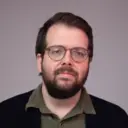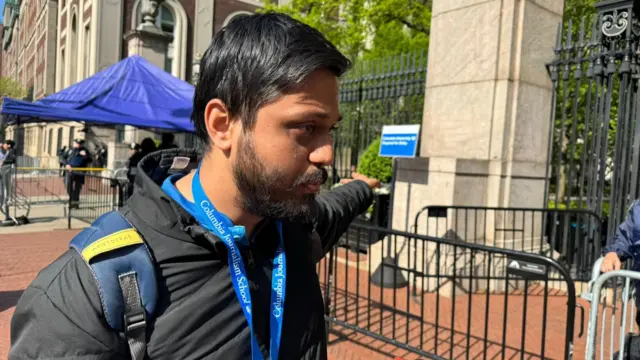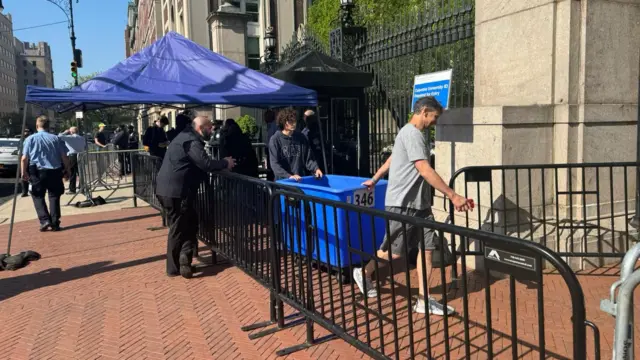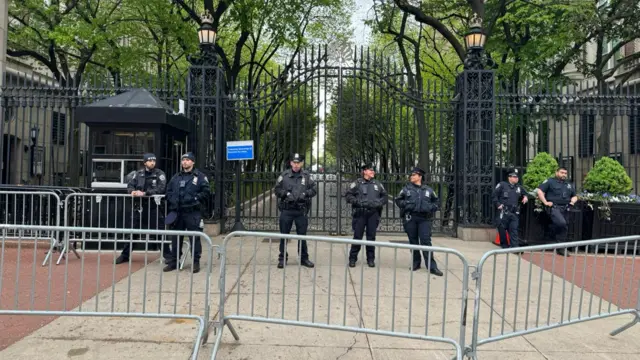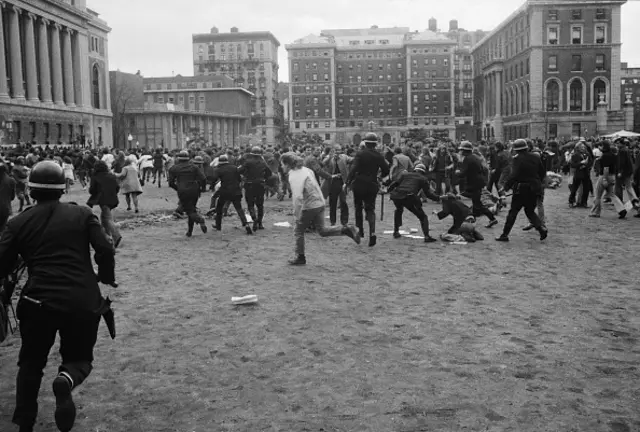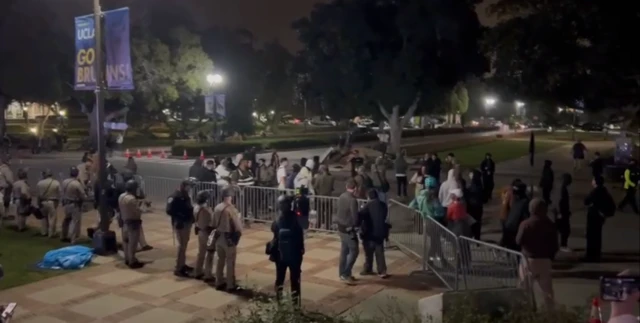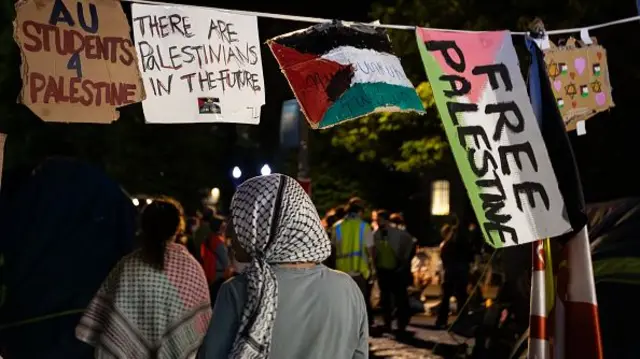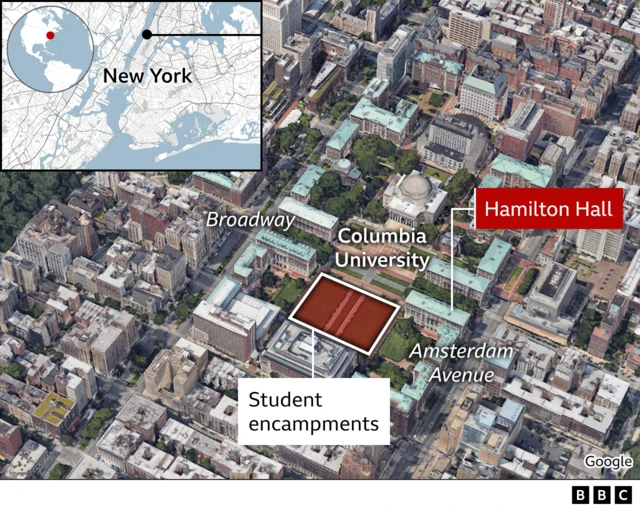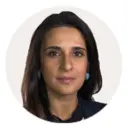What's been happening?published at 16:51 BST 1 May 2024
Protesters at some US universities have been clashing with police, as demonstrations over the conflict in Gaza continue.
Clashes between police and protesters have erupted at the University of California in Los Angeles (UCLA), while overnight, police said they cleared a building at Columbia University in New York, which had been occupied by pro-Palestinian protesters.
Here are the latest developments:
- Speaking at a news conference earlier, New York City Mayor Eric Adams said approximately 300 arrests were made at Columbia University and the City College of New York last night after police officers raided the campuses
- Police say the response at Columbia was to disperse pro-Palestinian protesters who'd taken over Hamilton Hall, a building on campus
- Adams says external actors were responsible for creating what he described as "a movement to radicalise young people”
- Police commissioner Edward Caban said the universities "worked for weeks" to negotiate with protesters, but that "public safety was a real concern"
- A student at Columbia University told the BBC that the police were "rough and aggressive" with demonstrators
- Meanwhile, at the University of Wisconsin-Madison, police arrested about dozen protesters on Wednesday morning
- There remains a large police presence at the UCLA
Stay with us for more.
